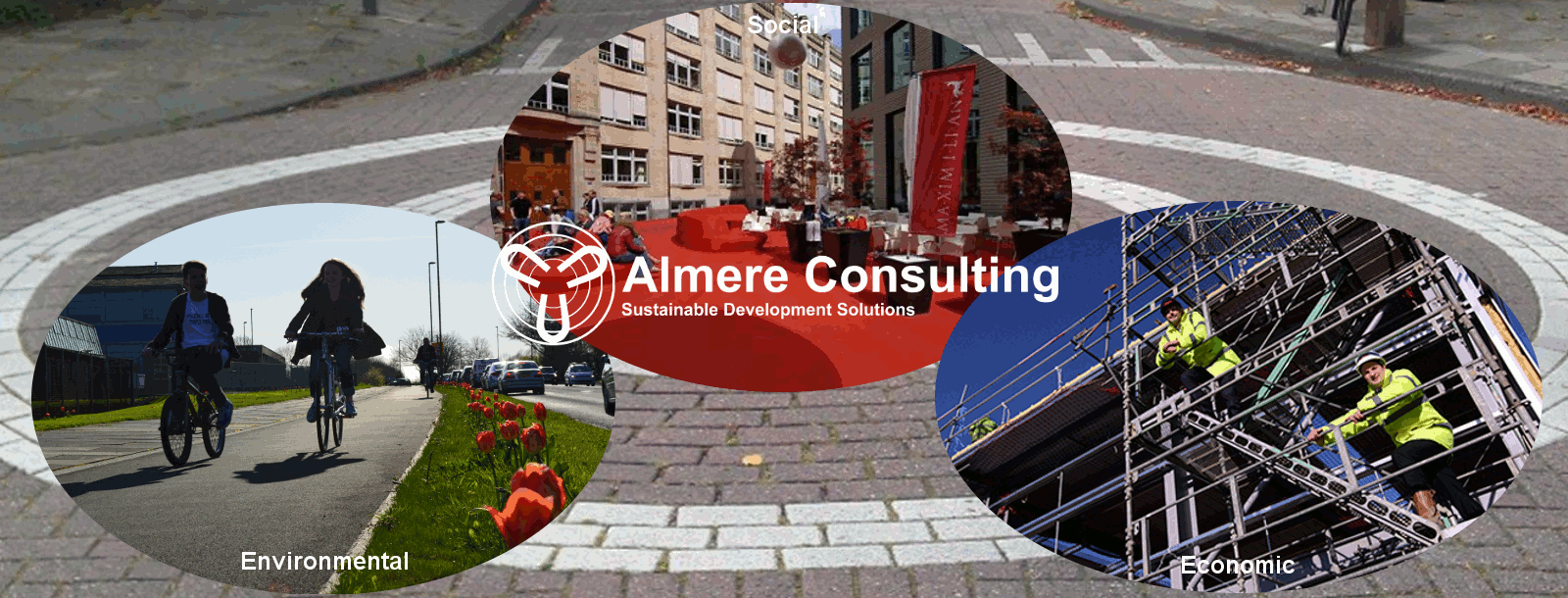
Some Thoughts on EV Infrastructure
Much Electric Vehicle ownership is currently concentrated in hands of suburban residents who have off street car parking. Ownership of EVs in denser Urban Areas is considerably more difficult, although some people do seem to be charging on “back lanes” typical of some Northern English Cities.
The model being promoted by companies like Tesla, a mix of home renewables, home battery storage plus a personal EV charged at home with enough battery capacity to do 2-300 miles looks pretty attractive for suburban homeowners. In this context EV ownership seems to promise cheap motoring, albeit with high up front capital costs.
For suburban residents the existing problem whereby the “sunk costs” of motorised mobility make travel by every other mode expensive looks set to get worse. We potentially see worsening inherent problems with the suburban development model, low density, inability to meet ongoing infrastructure maintenance costs and a parasitical relationship to the urban core.
Meanwhile in dense urban areas it is likely that charging will mean a trip to a Rapid Charging EV filling station. This means higher charging costs to allow for land use and operators profit. More technically sophisticated ways of charging, such as wireless solutions embedded in the road surface don’t change this, if anything it gets even more expensive.
That’s not to say that some attempts won’t be made to install kerbside charging, in some cases by taking space at the expense of pedestrians. Companies looking at installing charging on lighting columns may however be serving a short lived market, there isn’t the power in these circuits and there aren’t the number of lighting columns to make a meaningful impact.
Its very difficult to see how municipalities could justify installing mass “at home + on street” charging for vehicle owners living on dense terraced streets. After all, vehicle storage on these streets is an ongoing problem which can’t be resolved equitably, there isn’t enough space for everyone. While some residents might be prepared to pay a premium for on street charging, with batteries getting bigger and charging getting more “rapid” its unlikely to make sense for individuals or municipalities other than for shared Car Club vehicles.
The more society in these urban areas moves to shared models of vehicle ownership, up to and including Connected and Autonomous “Robot Taxi / Minibus” products, the easier life gets. Charging becomes a truly forgettable experience when you don’t own the vehicle and it takes itself off to plug in when not in use.
The elephant in the room with the above scenarios is that private vehicle ownership sells, and has sold successfully for a long time. Without some form of government intervention on road pricing we face a scenario where the suburbs gain in many people’s eyes a competitive advantage over denser areas.
In the short term the problem may manifest itself more in a failure to deal with air quality. Private EV ownership remaining less attractive in areas where air quality is at its worst. This combined with the ongoing air quality problems caused by non-tailpipe emissions (tyres, brakes etc) mean that EVs may not be the panacea that some people seem to think they are.
Ironically Tesla’s libertarian vision of “off-grid” life may well be the trigger for elaborate systems of road pricing. Difficult politically anywhere but likely to be at its hardest where political boundaries don’t reflect economic geography.


